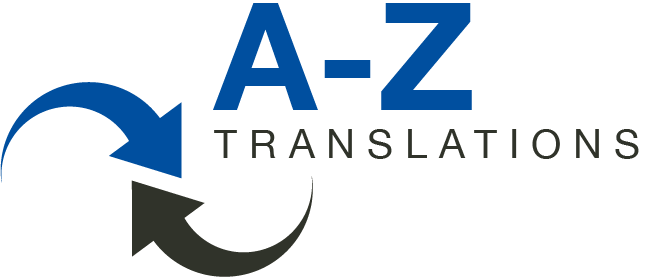Scams are unfortunately no longer a rarity even in the translation business. That why I am glad colleague João Roque Dias has compiled a great website with all sorts of information and helpful links and examples on translator scams and identity theft, available here.
I also came across some excellent tips on the elanex website:
For translators, some simple steps we advise are:
- Instead of publicly posting your resume or CV, make your resume
available on request or alternatively publish only protected files.- Exercise reasonable caution when accepting new assignments from
unknown sources. Does the request come from a legitimate business or
agency? Are payment details determined in advance?- If contacted by an agency who wishes to market your CV, verify the
agency and representative identity by checking translation forums,
Joao’s website, agency registration numbers, Google, and other services.- A translation firm or direct business client will typically ask the
translator to sign a non-disclosure agreement (NDA) and the more
professional organizations will often include a service level agreement
(SLA).For buyers of translation services, we advise:
- Be cautious in advance if accepting translators with word rates far
below professional average. Professional translators should be fairly
compensated for their skills.- Promises of “perfect translation” should be met with healthy
skepticism. Just as multiple authors can create content written in
different ways that convey the same message, different translators can
produce translations that faithfully represent the intent of the
original author with different phrasing.
I hope none of you have been or will be affected by this – the damage not least of all to one’s reputation is very hard to undo!
